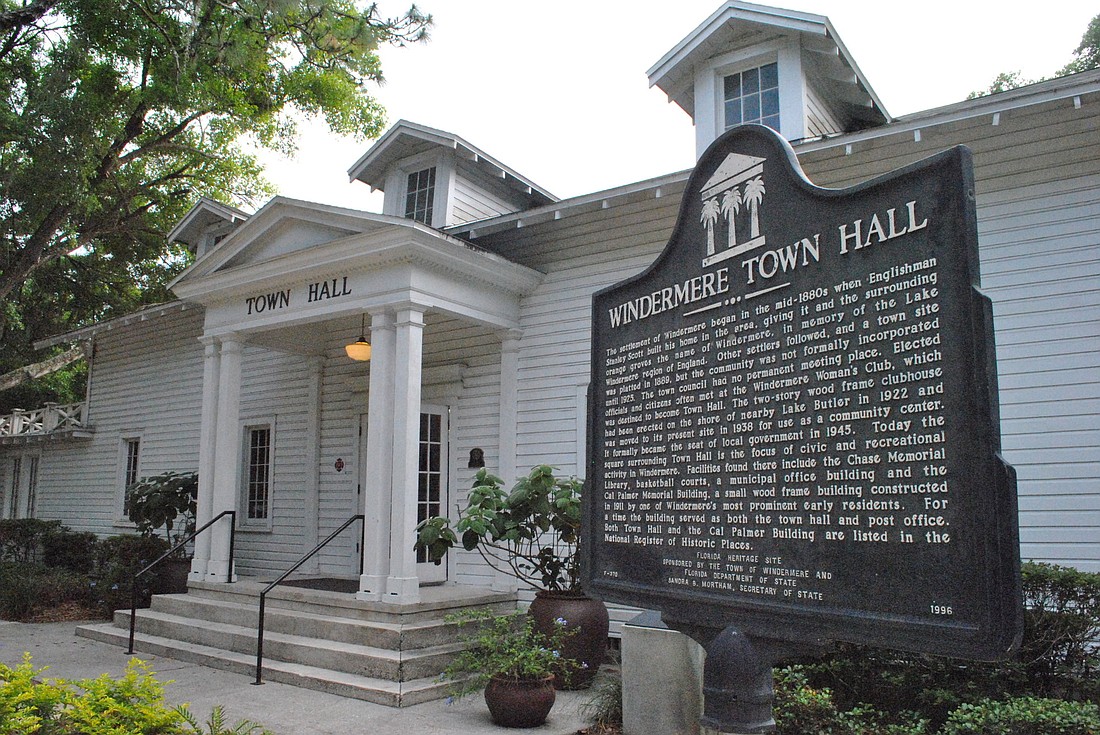- April 28, 2024
-
-
Loading

Loading
 File photo
File photo
The town of Windermere hosted a virtual Town Council workshop to discuss the Florida Sunshine Law, the public records law and the code of ethics Tuesday, Feb. 27.
The presentation was led by Town Attorney Heather Ramos.
SUNSHINE LAW
Ramos said the Sunshine Law governs the town’s meetings, and a meeting with purposes for the town is when two or more members of the same board or committee meet together to discuss town business.
She said there are three basic requirements of the law for meetings: They must be open and accessible to the public, they must be noticed, and written minutes must be taken.
The law is applicable to not only the Town Council but also committees of the Town Council, when such committees have been delegated “decision-making authority” as opposed to mere “information gathering or fact-finding authority.”
Other topics included not discussing town business outside of a meeting, and that members of the public must be provided an opportunity to address the council during the decision-making process and before a decision is made.
Although council members may attend and participate in committee meetings without prior notice of attendance, Ramos said if it is known that two or more council members are planning to do so, it should be noted in the meeting notice.
PUBLIC RECORDS LAW
Every record made or received in connection with town business is a public record.
All Town Council and committee members, as well as town employees, must permit inspection and copying of public records.
Public records are not limited to traditional written documents and also include texts or emails made or received in connection with official business, as well as YouTube videos and social media posts.
Ramos said public records must be retained for a certain period of time and only can be destroyed in accordance with a specific process under state law.
The law applies to communications with residents, members of the public, employees, consultants, contractors, legal counsel and others involved with town business, even if it is on a private email account and on a private device.
CODE OF ETHICS
The code of ethics applies to council and committee members, as well as certain employees, such as the town manager and town clerk.
A person’s position with the town cannot be used to secure something special for themselves, family, friends or anyone else.
Ramos said members and their families cannot do business with the town, take a job position with a company doing business with the town or use information learned from a town position to gain a special advantage. In addition, members cannot accept a payment to write or speak for an organization, or hire, promote and advocate for a relative to get a job with the town.
Penalties for violating the code of ethics can include impeachment, removal from office or employment, suspension, public censure, demotion and civil penalties.
Ramos also discussed financial disclosure requirements and gifts, which can include money, real estate, transportation, plants and flowers, membership dues, food or beverage, and admission tickets.
She said a member taking anything for themselves or a family member valued at more than $100 can be an ethics violation.